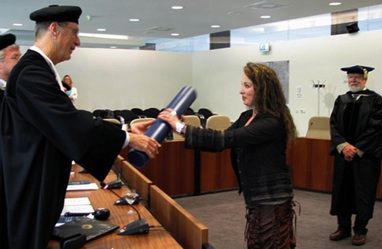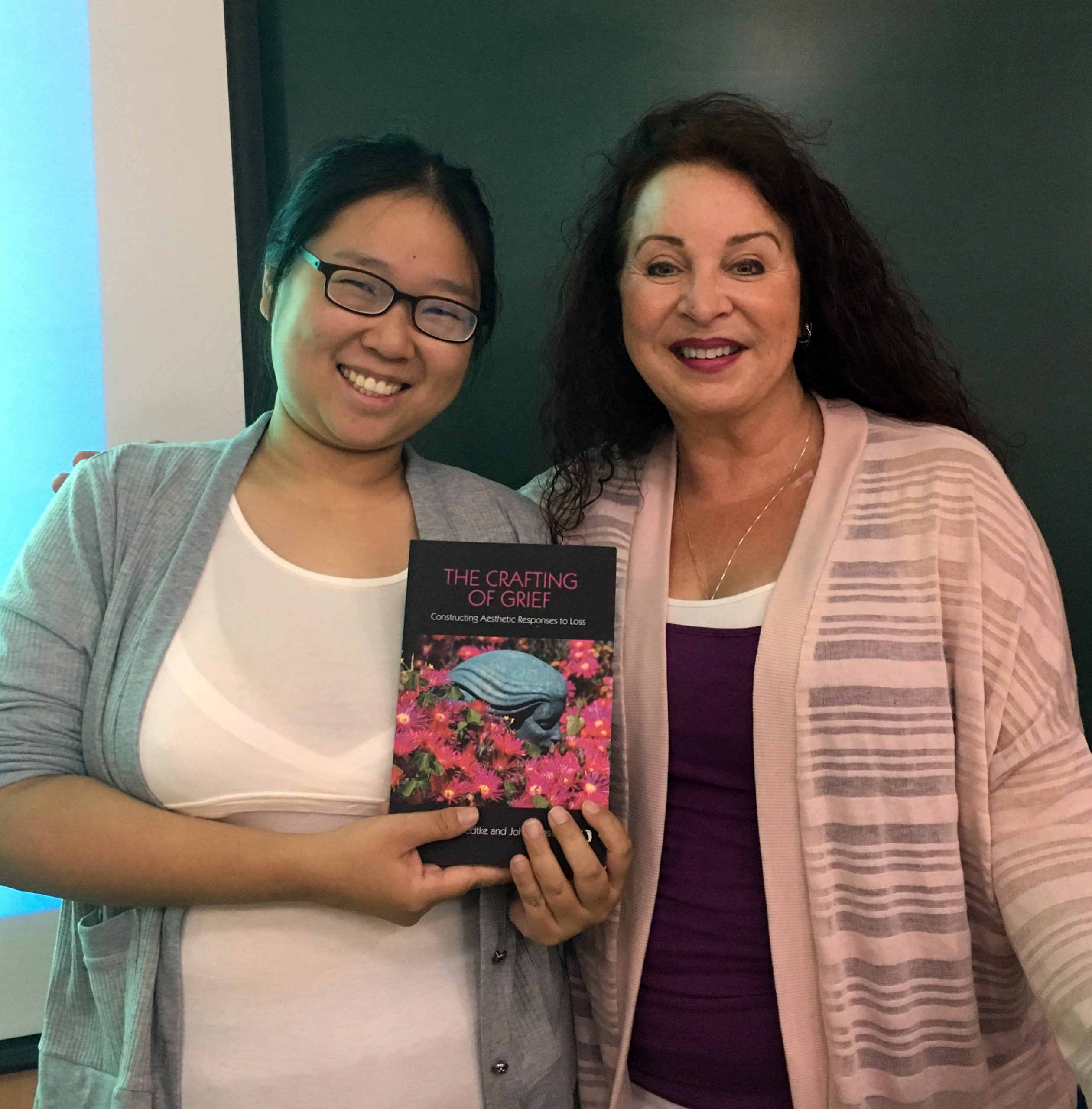
Remembering practices enlist a narrative approach to grief psychology to emphasize the ongoing story of relationship. Drawing on practices of story-telling, narrative legacy and rituals, remembering practices aim to keep relationships alive. Using the flexibility of stories, relationships can even develop new qualities and enhanced dimensions following the death of a loved one. From this perspective, grief becomes an evolving and creative opportunity for story development and change, rather than an unpleasant task to be worked through as quickly possible.
When a person dies, the bereaved are tragically encouraged to say “goodbye” and completing unfinished business. The form of counseling has been a mainstay of psychology and can create harm to those trying to live with grief.

In contrast, remembering practices seek to find ways in which positive connections can be maintained, and even fostered, following death. These new practices promote keeping our connections with loved ones alive for others and ourselves through constant revision and inclusion in response to the changing context of our lives.
Remembering practices stand in opposition to the conventional ways of speaking about death and grief. The assumption that people should complete a process of farewell and letting go in order to progress healthily through the crisis and transition of death would not be found in a remembering conversation. Traditional discourse in the field of death and bereavement invites stories and practices of “letting go” and “moving on” from the memories of our deceased loved ones. Often, this approach overemphasizes the finality of death and disconnects us from important relationships in our lives.
Remembering practices support the continuation of the life of stories rather than dwelling on the finality of death. When we understand that a relationship continues long after a person has died, we can appreciate how death provides opportunities for the telling loving stories that can be formed to construct future memories and guide our way through painful life transitions that often comes with the death of a loved one. We can employ the power of story to transcend physical mortality to promote the remembering of lives and the importance of maintaining connections.
Click here to learn more about Remembering Practices Founder Lorraine Hedtke »
